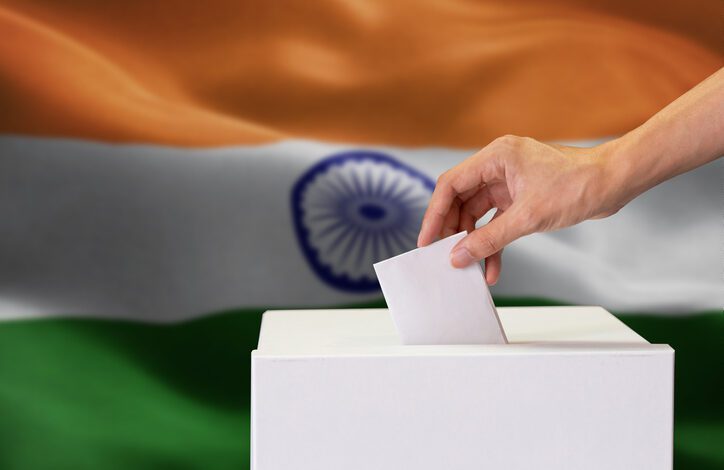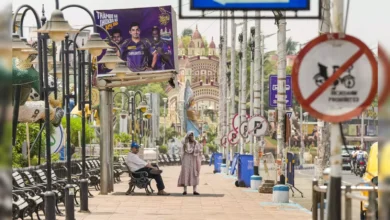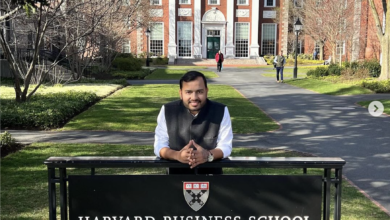One Nation, One Election to be discussed in September session? List of pros and cons
One Nation, One Election will reduce hefty expenditure but is against the federal structure. Will require amending several articles of the Constitution.

The Monsoon Sessions have just gotten over and the Winter Session is soon to commence. However, it is speculated, One Nation, One Election is to be discussed in the special Parliament Session held from September 18 to September 22.
There was no mention of the special session’s agenda in the notice, which will take place days after the G20 Summit. Pralhad Joshi remarked on X, “Amid Amrit Kaal, looking forward to having fruitful discussions and debate in Parliament.”
The idea of One Nation, One Election is about structuring the Indian election cycle in a way such that elections to the Lok Sabha and the State Assemblies are synchronised to occur simultaneously.
Ex-President Ram Nath Kovind will be leading the government-formed committee on the matter.
The first General Election to the House of People (Lok Sabha) was held simultaneously in 1951-52 and went on till the election year of 1967 to then be discontinued abruptly due to the premature dissolution of some Legislative Assemblies and extension of terms in others, the cycle got disturbed. Even Lok Sabha, owing to the Emergency, was dissolved in 1970, and a fresh election held in 1971.
In the current scenario, Punjab’s Chief Ministerial tenure will conclude in 2027, while Haryana and Maharashtra’s in 2024, Bihar in 2025, Gujarat in 2027, Madhya Pradesh in 2023, Rajasthan’s in 2023 and so on. To synchronise these state elections with general elections, the solutions seem to be the reduction of terms of some Legislative Assemblies and a comprehensive amendment in the Constitution.
The Articles in the Constitution of India that will deal with the concerns attached to the new subject of discussion in the Lok Sabha come mid-September will be Articles 83, 85, 172, 174 and the Representation of the People Act as well. However, these are humongous changes that will require apart from the support of a two-thirds majority of both Houses of the Parliament, also ratification by at least half of the State Assemblies.
Another radical solution is to discard the parliamentary form of governance to bring about a change by introducing a Presidential form of governance as well as elections. Here, the President is not accountable to either of the Houses.
One Nation, One Election will endure saving public money
One Nation, One Elections will ensure saving public money, and reduce the burden on administrative setup and security services and the Election Commission as well. It will also ensure timely implementation of government policies as well as strengthen administrative machinery to engage in developmental activities rather than electioneering. The sum total analysis of the voters will be more convenient and judgment of policies and programmes at both levels will be streamlined. The voters can compare manifestos and the governance that follows.

Moreover, governments are unable to solve long-term issues of their constituencies and adhere to their political duties as short-term goals take precedence due to round-the-year campaigning. Owing to this feature, governments tend to avoid taking harsh long-term decisions.
However, the reduction of terms will be the biggest violation of the Indian Federal Structure as India identifies itself as a quasi-federal country which means it is a holding-together federation. Tampering with usual terms will mean arbitrarily curtailing or extending the term of existing legislatures which goes against the autonomy of the states.
Many critics have also commented the One Nation, One Election move is against the spirit of democracy as it restricts the choices of the voters which is not correct. Additionally, analysts believe regional parties will be at a disadvantage because, in simultaneous elections, national parties will overshadow them and are reportedly likely to dominate the votes of the people thereby offering the Ruling Party a direct advantage.
The scheme is also suspected of injecting a dwindled level of answerability as the government facing elections once every five years keeps them on their toes. Moreover, regulating this uniformity can be difficult in the face of unpredictable situations like a national crisis, pandemic, emergency or war which will cause the same process to be repeated every time therefore, violating the federal structure all those time.
Please, also have a look into : Movie goers rejoice: Tickets to only cost Rs 99 on National Cinema Day



